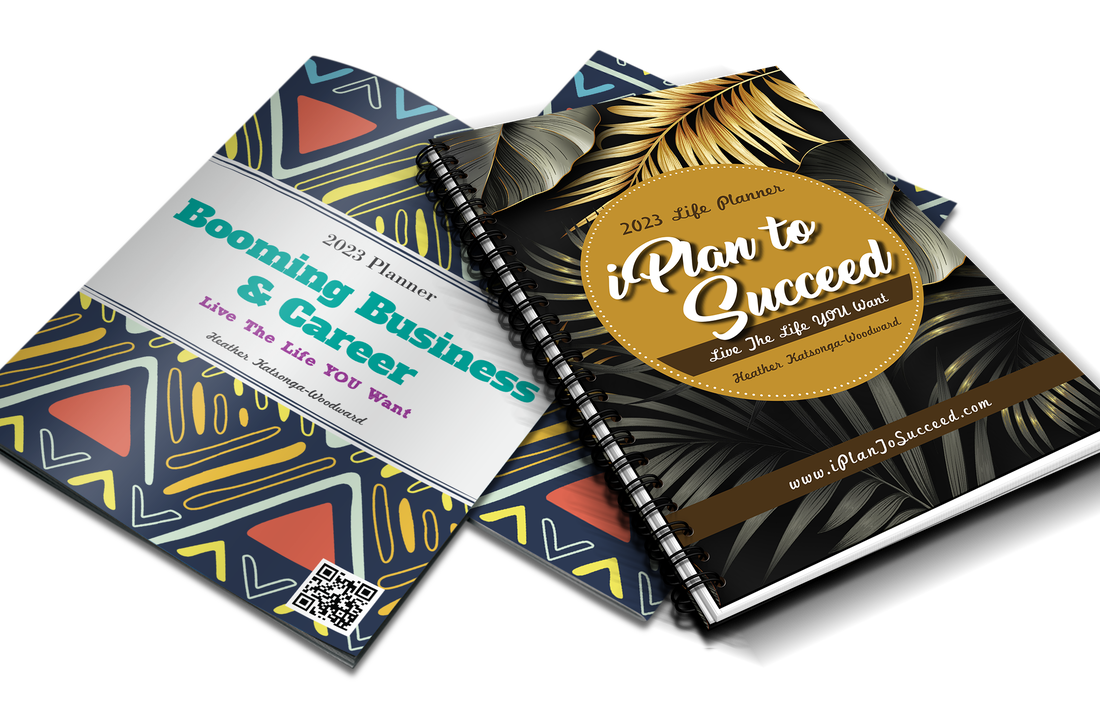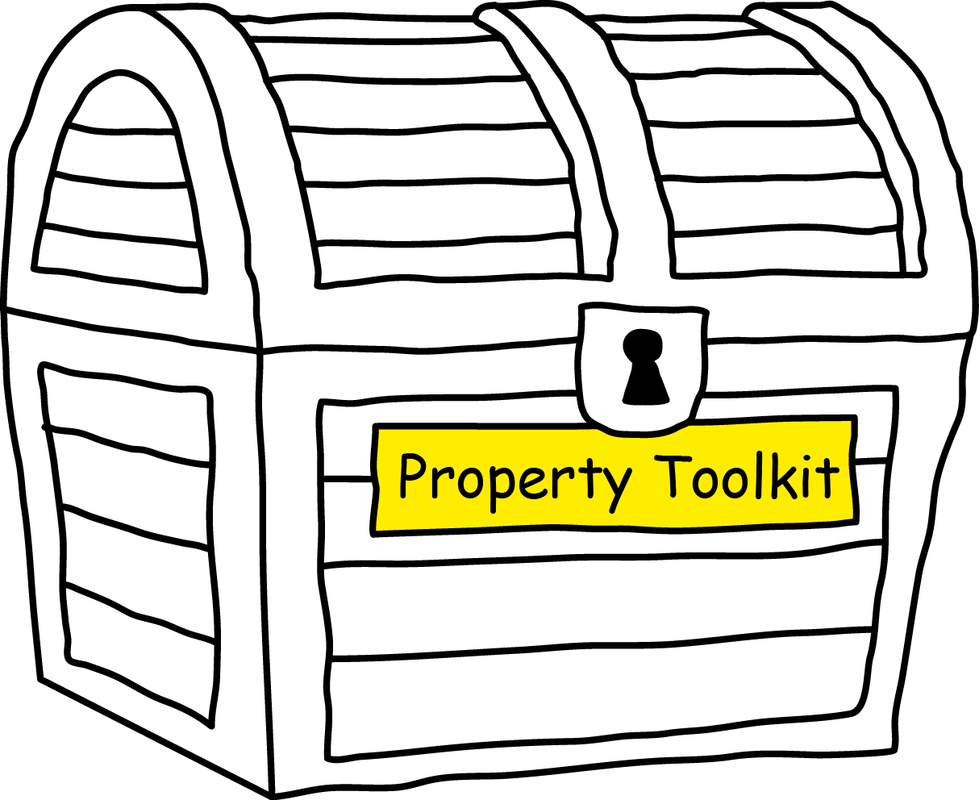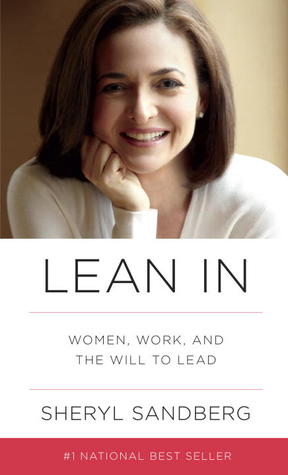 5*/5 This is one book that needed to be written and the right person wrote it. Most people do not become billionaires from employment, Sheryl Sandberg is one of those that did. The chick is minted. If it wasn’t for the fact that her husband collapsed and died at such a young age I would totally want to be her! Such a shame. I actually did not expect to like Sheryl Sandberg or her book because she isn’t really an entrepreneur, she’s always had her pay cheque come from a corporate so I don’t see her as having taken any massive risks with her life but I LOVED her. In fact, I changed my view on her re. not taking risks with her career because I learnt more about her career progression through this book. Long story short, she worked as a management consultant out of university, then had a stint in Government working for Larry Summers from 1996 to 2001 when he was US Treasury Secretary then she decided to go into Technology. She took on a role at Google when Google was a fledgling little company. Her friends laughed at her and thought she was crazy to leave a secure employment path. This is always the case when you do something different but it paid off. She rode Google’s success with them and when she was considering leaving Google for The Washington Post, Mark Zuckerberg asked her to join Facebook as COO instead. It’s a Cinderella employment story. Anyhow, the book is mostly not about her but offers a wide-ranging volume of data and literature on women and the workplace. I really enjoyed the stats and the research collated in the book and I totally value the fact that she is also a mum. Some of my favourite things: 1. Did you know that women hate successful women? Yes, for real. She talks of a study in which a go-getting person is described. In one case the name Howard is used and in another version they keep everything the same but call the person Heidi. After people were asked to read the study and assess the personality of the protagonist, significantly more people gave Hilary negative character traits such as being “aggressive”, “bossy” and other undesirable traits. Indeed, studies show that as men become more successful people like them more but as women become more successful people like them less including other women. Studies also show that traits like “ambition” are seen as positive traits in a man but negative in woman. 2. Sheryl argues that who you marry is possibly the most important career decision you ever make. Your partner will either pull your career up or tear it down. I could not agree more. I love the example she gave of a couple she knows who both have high pressure careers. In their relationship the husband was more naturally suited to preparing school lunches etc. for their kids so his colleagues were surprised when his wife calls while he is out of town to ask what he puts into the lunch box and he recounts whatever it was – sandwich, fruit, juice and cookie, for instance. Then a couple of months later when he is out of town again he gets the same call and again lists the same stuff – sandwich, fruit, juice and cookie. Some people just have knack for certain things and when you take away society’s assigned gender roles from the equation, it can be either the man or the woman. The reason I love this is because it fights common stereotypes about what roles different people should play in a relationship. My husband does a lot of roles that society traditionally expects me to play because he does them better than I do and vice versa. His eye for picking cool clothes, for example, means our son generally looks better when he dresses him up rather than when I do so he’ll frequently dress him before he goes to work. And my keen eye for financial deals means I’m better suited to negotiating new mortgage deals, insurance deals and building our property portfolio Indeed, I know a few friends that fail to progress with their dream because their partner does not support them. 3. Men who do more housework get more sex! Yes, it appears this is the case. Frankly, I think it makes sense. There is nothing sexier than a man that does housework J. 4. Don’t plan your life around having to be a mother or a wife Sheryl Sandberg says lots of women take on smaller roles and refuse promotion opportunities because they are planning on having a baby or getting married. She says go for it with all you have got and take on every opportunity you would ignoring that stuff and essentially cross that bridge when you actually get to it. She mentions on intern who asks for a meeting with her to asks questions about family vs. career planning when she didn’t even have a boyfriend. Laugh along with me, please. 5.The Gender Discount problem She talks about how women get punished for things in the workplace that men do not. Women are presumed to be communal and helpful so if they don’t act to fulfil this they pay a penalty. For example, imagine there is heavy workload at the office, if a male colleague offers to help it’s consider an imposition so he gets compensated with more favourable employment evaluations, e.g. salary increases and bonuses and there are no real consequences if he doesn’t offer to help. A female colleague will get no kudos for helping but will look bad (negative rewards) if she does not offer to help. She goes on to say that men negotiate more for better pay etc. than women but this could be because men are expected to and women can in fact pay a penalty for advocating for themselves due to this gender discount problem. The solution: a woman has to negotiate for the herd. You need to look like you’re not promoting just yourself but everybody or somebody else. She mentions a group of women at Merrill Lynch that met up for lunch weekly and after that lunch would go back to their desks and actly brag about the good work one of their women colleagues was doing. The result: they all ended up getting promoted faster – go figure! 6. You too have biases and hold stereotypes Ultimately, she says we are all biased and hold certain stereotypes whether we like it or not and not acknowledging that we do does more harm than good because we develop a “bias blind spot” in which we fail to recognise and correct for our own biases and prejudices. She sites a study in which people were asked to look at profiles and choose a police chief. Those that declared themselves to be "not biased" were actually found to be much more biased in favour of men than those that admitted they did hold a bias/stereotype. There is so much more I enjoyed about this book but I can't recount it all. A fascinating read available on amazon.com and amazon.co.uk.
0 Comments
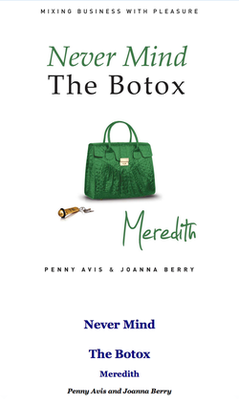 A bloody good story. At the end of every chapter, I immediately wanted to read the next. This book has even the subtle nuances of banking down to a T and not only that, it makes them exciting! Seriously, I want to see the movie. I have one rule when it comes to reading, if my interest hasn't been piqued after the first 20 pages then I won't bother. There wasn't a single chapter in the books that didn't leave me wanting to read on. It was a very engaging story and what made it even better is how realistic it really is - small things like Nick not being able to navigate the Deal Team folders are so typical. I also liked small bits of knowledge like the connection between maths and music or the arts, most people don't know that - I certainly learnt something new here. There's lots of clever writing and dialogue in the story; for instance, I loved the analogy between reading Ryan and a nursery school book in extra large print. That was very clever. I also loved the balance that Jamie brought to the whole Ryan saga. The one thing I thought was incorrect was the statement about Vice Presidents being a low position in banks. VP at Goldman Sachs, for instance, is a reasonably high position and the sort of work that Alfred was doing would typically be done by Associates. However, I did see that they didn't have Associate as a position in the book. Overall, I enjoyed this book. 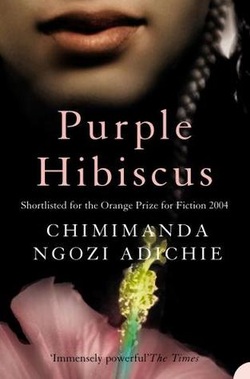 Rating 4.25/5 An amazing story. It's written from the perspective of a young girl who's grown up with a physically (not sexually) abusive father who beats the mother and expects more than the best from his children. He is overtly very religious and gives a lot to charity but he is deeply troubled. He thinks the beatings he gives are deserved and never seems to regret it. The only reason I don't give this book a 5 out of 5 is that I have read Half of a Yellow Sun by the same author and it's a much more detailed and enthralling story. That said, this one engaged me from start to finish and is well worth a read. Ms. Adichie really knows how to weave a story. Here are some of my favourite lines: Of her brother: "His seventeen-year-old face had grown lines; they zigzagged across his forehead, and inside each line a dark tension had crawled in." Of her and her brother's relationship: "We did that often, asking each other questions whose answers we already knew. Perhaps it was so that we would not ask the other questions, the ones whose answers we did not want to know." Kambili constantly craves to please her father, so when her brother says something to please her dad she notes: "Papa smiled, and I wished I had said that before Jaja had". Then when she in turn says something to please him: "Then he reached out and held my hand, and I felt as though my mouth were full of melting sugar." Of her Aunty Ifeoma's eyes: "They were quizzical eyes, eyes that asked many questions and did not accept many answers". 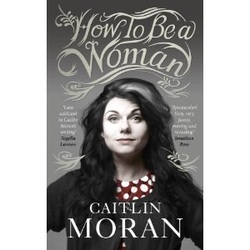 3.75 / 5 A very interesting take on feminism. If you a) have a vagina and b) want to have control over it, then you are a feminist! This is Caitlin Moran's definition and I like it. It's a good definition because many women think being a feminist is radical. Lots of people forget that not so long ago women could not vote, inherit assets or even work. You did not have the choice; it was all decided in advance for you. If you believe that we should have any of this stuff, you are a feminist. Every woman is a feminist and the only question after that is just the degree to which one believes in women's rights and fights for them. Men too can be feminists. I know because I married one! Frankly, I thought that a man had certain very basic expectations of a woman and that to be a good partner I had to fulfill these; being myself was not one of the primary ones. This is why I fervently never expected to get married. I thought that my partner's affections for me would rise with the number of household duties undertaken, the number of times I made his lunches and any other fawning that I could muster. One does not fawn very well. A few interesting bits from Caitlin's take on life, I paraphrase or give my interpretation of what she says:
Overall: insightful and it is great to know her very balanced view on life and being a feminist. Ultimately, the book said to me: BE YOURSELF! |
Heather Katsonga-WoodwardTime allowing, I love to read. If I read anything interesting, I will blog about it here. 2019 Life and Career PlannerCategories
All
Archives
January 2019
|
Heather Katsonga-Woodward, a massive personal finance fanatic.
** All views expressed are my own and not those of any employer, past or present. ** Please get professional advice before re-arranging your personal finances.





 RSS Feed
RSS Feed
